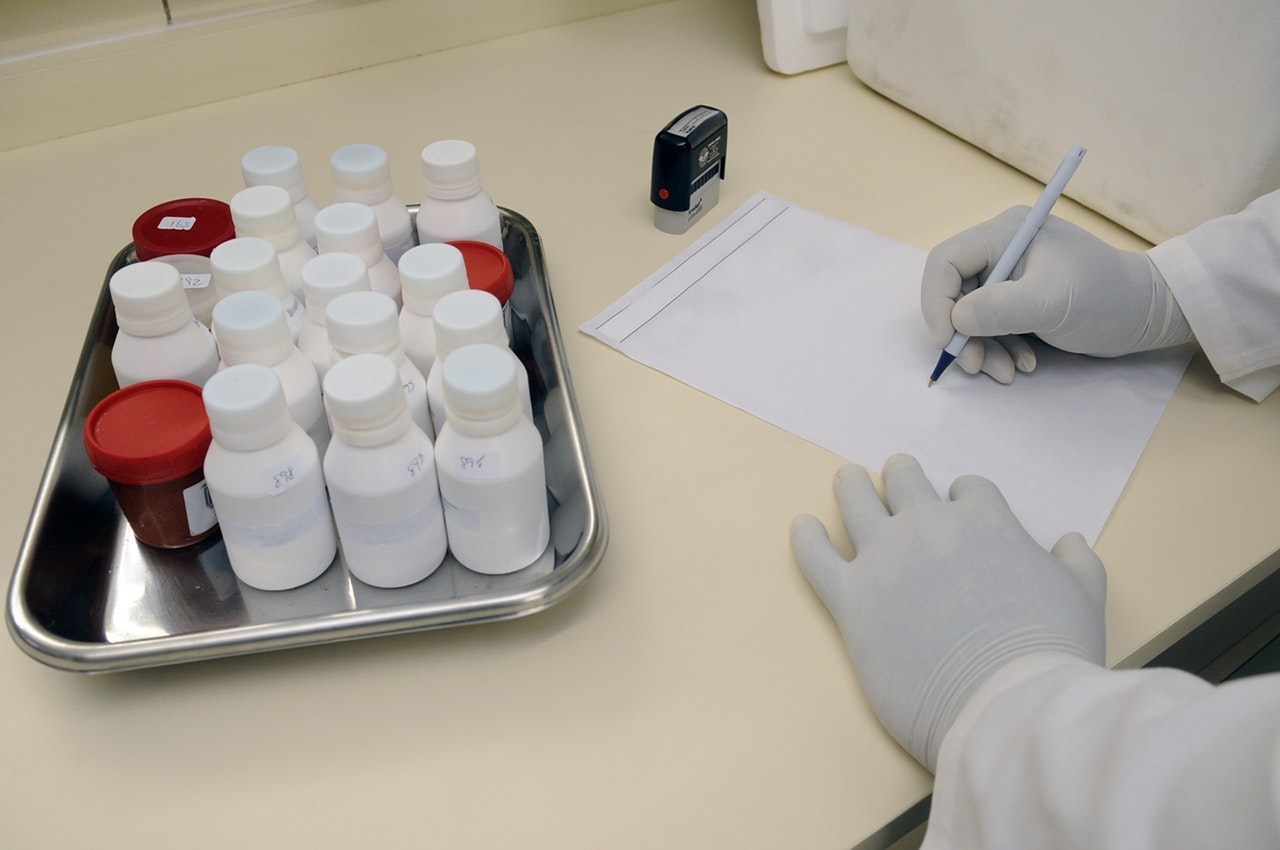While the new "right to try" legislation has been met with more than its fair share of controversy, it could open up the landscape for mesothelioma patients to receive experimental treatments. Critics suggest that allowing patients to receive experimental treatments long before FDA approval is dangerous for victims.
That said, many patients who are grappling with the difficulties of a life-threatening disease or poor prognosis argue that experimental treatments can save lives. In either case, some mesothelioma patients have experienced firsthand that clinical trials have provided life-saving results through the use of experimental treatments in a structured, safe clinical setting.
Based on the new legislation that was signed by President Trump, terminally ill patients will now be able to seek drug treatments that remain in clinical trials if they have passed "Phase 1" of the Food and Drug Administration’s approval processes. However, treatments that cleared Phase 1 are often years removed from obtaining full FDA approval. The legislation’s approval now falls to the Senate.
State Law Already Exists for Right to Try Patients in Most States
So-called "right to try" legislation is already on the books in 38 states, which includes California. As such, mesothelioma patients in a right to try state already have the capability of working with doctors to ask for the option to try an experimental drug outside of its clinical trial use case.
Effectively, then, the newly proposed legislation will be of most benefit to patients who live in states where no law has been written to expressly allow patients to pursue any right to try clinical drug treatments.
Advocates for either state or federal right to try laws often argue that these laws are necessary for extremely ill or terminal patients, as these individuals rarely have the option to participate in clinical trials because of the severe nature of their disease. And, the lengthy timeline for approval makes promising treatment options an impossibility for patients who are diagnosed with a terminal illness.
As stated, however, those who disagree with right to try laws have concerns over whether these experimental treatments expose patients to far too much harm and risk. Since patients who wish to try experimental treatments are often in an extremely fragile physical state, critics of right to try argue that unexpected risks of trying these experimental drugs may far outweigh potential benefits.
In any case, it is important to keep in mind that some of the best results for mesothelioma treatment have been related to clinical trials and the experimental treatments used. Since there is, at present, no known cure for mesothelioma, these trials are a way for scientists and medical researchers to experiment with treatments that may significantly improve patient well-being and life expectancy.
If you or a loved one is living in a state with no right to try law, know that hope for experimental treatments may soon be on the horizon. If you have any questions about the new right to try law or other state laws that affect a mesothelioma patient’s legal rights, contact The Ledger Law Firm for a legal consultation.

